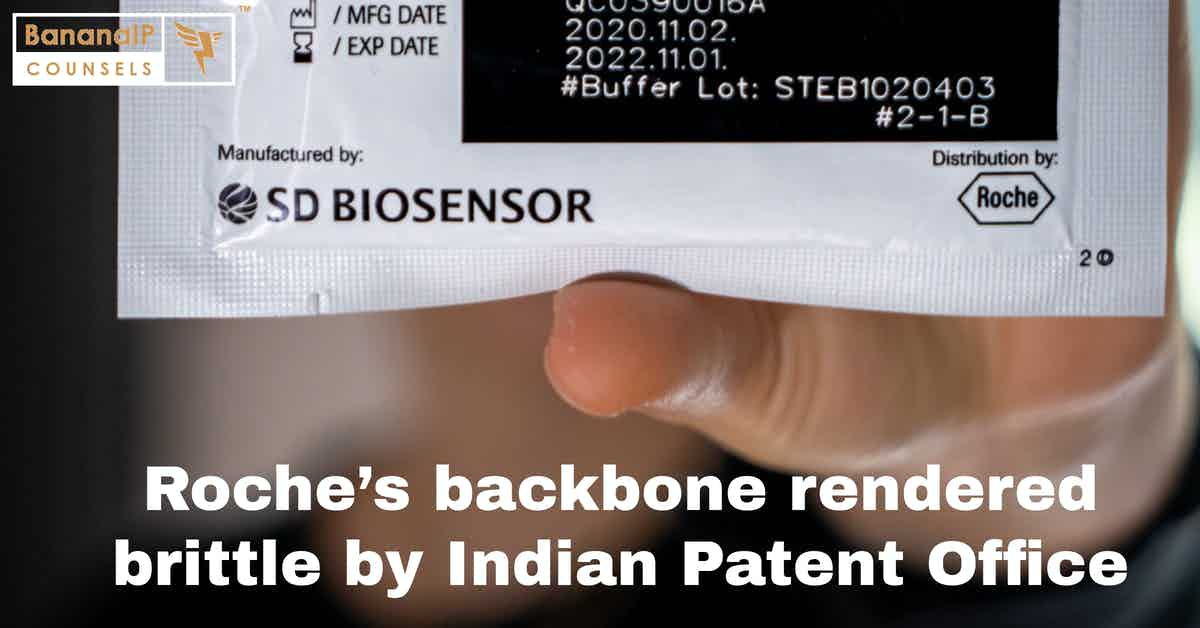The Chennai Patent Office revoked Hoffmann-La-Roche’s patent on its osteoporosis drug, Bonviva, in response to post grant opposition filed by Indian drug maker, Cipla Global Ltd. The drug in question comprises Ibandronate Sodium, used to treat patients suffering from metastatic cancer, associated skeletal fractures and osteoporosis and also for the treatment and prevention of osteoporosis in post-menopausal women. Osteoporosis is the progressive bone disease caused by decrease in bone mass making bones extremely weak and fragile, leading to increased risk of fractures. The drug is marketed as Boniva in the US, Bondronat in Europe and Bonviva in Asia.
The patent in dispute bearing number 208,718, was granted by the patent office in 2007 based on an application filed by Roche in 2001. It covers oral pharmaceutical composition of the active ingredient Ibandronate Sodium with a controlled dissolution rate for the treatment of Osteoporosis. A post grant opposition filed by Cipla in 2008, was refused by the patent office in 2010 upholding Roche’s patent. Cipla appealed to the IPAB, which set aside patent office’s order, asking them to reconsider the matter based on expert evidence and recommendations of the opposition board.
The patent office, in response to IPAB’s order, revoked the patent on osteoporosis drug re-evaluating the case, considering the expert evidences made by both the companies and recommendations of the opposition board. The order regarding the same in favor of Cipla was issued on December 19, 2014. The revocation was made on the grounds of post grant opposition under section 25(2)(e), on the ground that the invention claimed is obvious and does not involve any inventive step, and 25(2)(f), on the ground that the subject of the invention claimed is not an invention and not patentable under the Patents Act, 1970. In the case, it was held that the pharmaceutical composition was a mere admixture which is not patentable subject matter under Sec. 3(e) of the Patents Act.
In December, 2006, Roche had entered into a marketing agreement with Mumbai-based Elder Pharmaceuticals to sell the drug under the brand name Bonviva in India at a price 35% lower than that sold in other countries. The decision of revocation by the Indian Patent Office is sure to make the back bone of the Swiss pharmaceutical company a bit weak and brittle!



